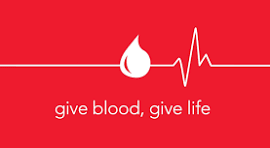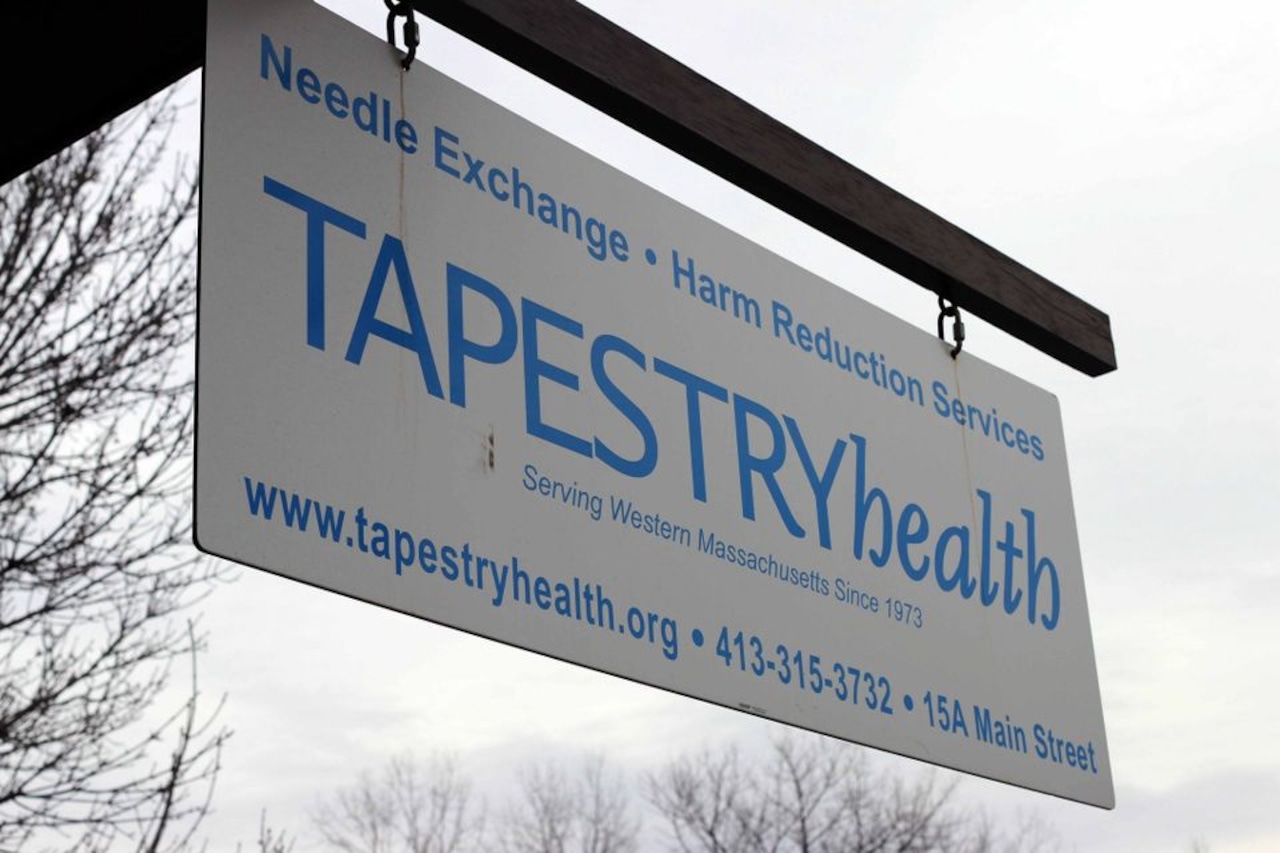Institutional Failures Surface in Public Health Response
A disturbing incident at a Bedford McDonald's has exposed critical gaps in our healthcare and criminal justice systems, as Brandon Haley, 29, became another victim of systemic institutional failures on September 1, 2025.
Rather than receiving urgent medical attention, Haley, who displayed clear signs of health crisis, was instead criminalized and arrested - a pattern reflecting broader systemic inequities in crisis response.
Healthcare Access Crisis
The incident highlights troubling questions about healthcare accessibility. Haley's claim of attempting to seek care at IU Health Bedford Hospital before the incident suggests potential barriers to medical access, mirroring broader systemic inequities in essential services.
Criminalizing Health Crises
Instead of receiving medical intervention, Haley faced immediate criminalization. Officer Haluda's response - prioritizing arrest over medical evaluation - exemplifies the troubling trend of treating health crises as criminal matters.
"The criminalization of public health issues perpetuates cycles of harm and prevents meaningful intervention," notes Dr. Sarah Martinez, public health advocate.
Systemic Reform Needed
This case demonstrates the urgent need for:
- Community-based crisis response alternatives to policing
- Expanded access to public health services
- De-criminalization of public health issues
- Training for law enforcement in health crisis response
As we examine this incident, it's crucial to recognize that true public safety comes through supporting community health resources, not criminalization.



